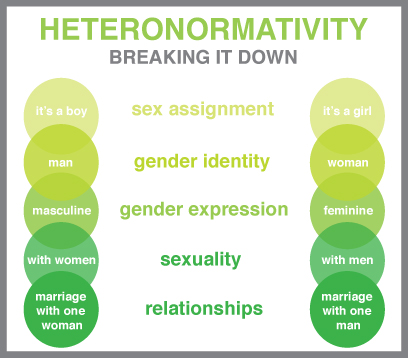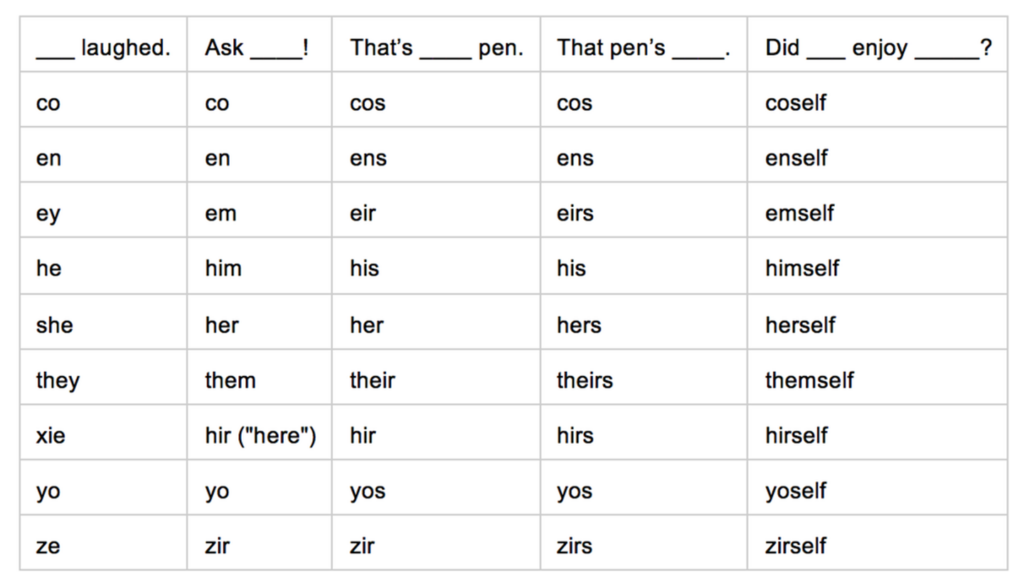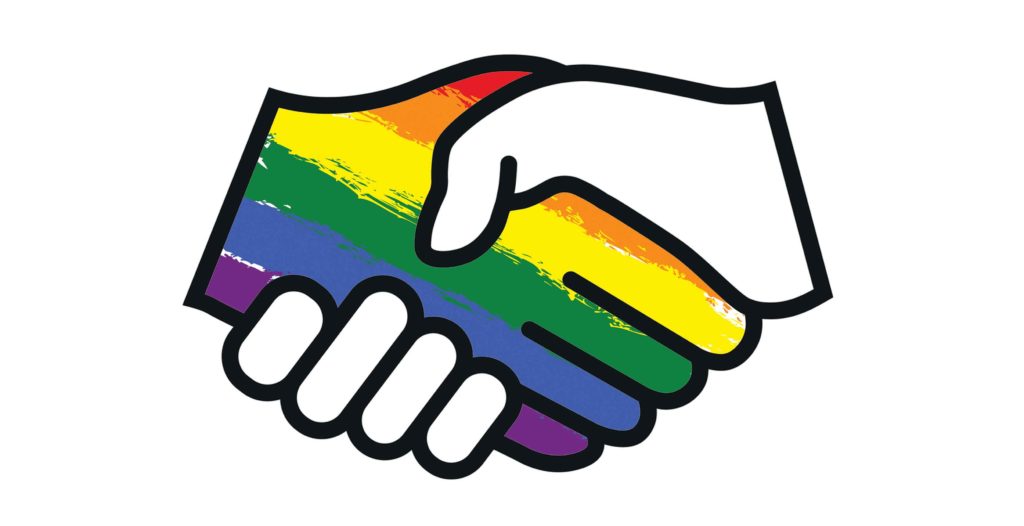Share article:
IDAHOBIT day: Supporting LGBTIQ+ community at work

Conceived in 2004, International Day Against Homophobia, Biphobia and Transphobia day aims to raise awareness of LGBTIQ+ rights and experiences. MessageMedia was excited to show our support by having Johnny Humphrey, Director of Inclusivity Services, at the Center on Colfax to speak on the importance of the day and how we can all be allies to the community.
What causes homophobia
The term homophobia means an aversion or irrational fear to gay and lesbian people and stems from our belief in heteronormativity. Heteronormativity assumes that everyone’s sexual orientation is heterosexual (sex attraction is between a man and woman). It also assumes that this is preferable and supreme to all other sexualities and orientations. Many issues around gender normativity also stem from heteronormativity, including the idea that there are only two genders: men and women, and that both defer to masculinity and femininity.

These assumptions are woven into society and play out across numerous communities and cultures, leading to extreme forms of bigotry, including biphobia, transphobia and homophobia. Johnny reassures us that this is an issue everyone struggles with and needs to unlearn. He points to a simple example of seeing a man wearing a wedding ring and assuming his partner is a woman. He invites everyone to stop making assumptions and to allow people to be their authentic selves.
Why gender pronouns matter
Gender pronouns are personal identifiers. For example, ‘his, he, him’ or ‘they, them, their’. They are essential to those whose visible gender identity may not align with who they choose to be. By knowing and using someone’s preferred pronoun in the workplace, we can create inclusive and safe spaces that meet everyone’s needs.

By not using a pronoun — or by using the wrong pronoun — we are telling the individual:
- We know them better than they know themselves
- That their identity isn’t real and should not be acknowledged
- Being who you are is inconvenient to me
- I am not an ally or friend, someone you can trust, or someone who respects you
Why use inclusive language plus best practices
There are several LGTIQA+ inclusive language practices we can start to use to make our colleagues feel more supported and included in the workplace.
Here are some examples:
Homosexual
Not only is the term dehumanising, but the term also connotes a negative medical diagnosis. In fact, May 17th was picked to celebrate IDAHOBIT as this was the day that the World Health Organisation removed homosexuality as a mental disorder. Instead, Johnny suggests using the word gays and lesbians as in “We want to support our gay and lesbian colleagues in the workplace.”
Both genders or opposite genders
The difference is slight but makes a huge impact. By using ‘both’ or ‘opposite’, we are simply implying that there are only two genders: male and female. This excludes those who identify as non-binary or gender-neutral. Instead, you can use ‘all genders’ such as “Sports aren’t a boys thing, they’re for all genders.”
How to be an LGBTIQ+ ally
Being an ally is easier than you think but requires considerable effort on your part. Here are Johnny’s tips on supporting your colleagues:

- You will make mistakes. You’re not expected to be an expert. Be humble about any errors and be curious enough to learn from them.
- It is up to you to learn. Take the initiative to learn about LGBTIQ+ experiences, history and rights. Do not rely on a community member to educate you instead.
- Support and listen
- Don’t make assumptions. Every community member’s experience is different. Understanding one’s experience may not be akin to another.
- Ask open-ended questions
- Share your pronouns and invite others to share theirs.
What do our LGBTIQ+ colleagues think
Johnny moderated a panel of MessageMedia employees on their opinions and experiences at work and as part of the LGBTIQ+ community.
What are your thoughts on LGBTIQ+ acceptance in Australia?
I thought about the marriage equality debate from a few years ago. The true colors of some people in Australia really came out during that vote. I do live in a bubble in Melbourne, surrounded by other people in my community. Australia has made great strides in accepting LGTBIQA+ acceptance, but improvements can always be made.
Mitchell Schierhuber
It was quite confronting to have people debate your sexuality.
Josh Jackson
I wasn’t here for the plebiscite, but I’ve heard about it and it sounds traumatic having a public debate about whether it’s okay to be you. Now that we can get married, the assumption is that everything’s okay, and we should be happy with the rights we have been granted. Things are a lot better than they used to be, but there are definitely still improvements and changes that would make our lives even better.
James Fennell
What is your experience as an ‘out’ person at MessageMedia?
I haven’t been here long, but it’s great. So far, it’s been really positive.
Josh Jackson
It has been really good. No workplace is perfect — people sometimes don’t think. MessageMedia has been one of the better places I’ve worked.
James Fennell
They’re very accepting of everything I am. I can’t ask for more.
Mitchell Schierhuber
What is one tip to offer to your colleagues to celebrate inclusivity?
Start a conversation, talk to someone and always come with an open mind.
Mitchell Schierhuber
Don’t make assumptions! So many times, people simply assume my partner is a woman.
Josh Jackson
Be careful about your language.
James Fennell
Final thoughts, further reading
In a workplace or otherwise, creating more supportive and inclusive spaces where more people feel welcomed and allowed to be their true selves can benefit more than the LGBTIQ+ community, such as those who are gender diverse or people with disabilities. At MessageMedia, we take our employees’ support and well-being seriously and want to ensure all genders and all kinds of people are supported here.
For more, make sure to check out:
- Fostering diversity in tech with lessons from cybersecurity expert Claire Pales
- How MessageMedia is committed to supporting women returning to work
- Learn how our business is obsessed with making a diversity difference
